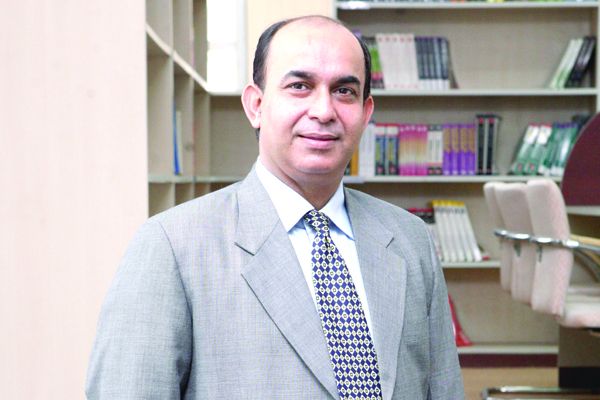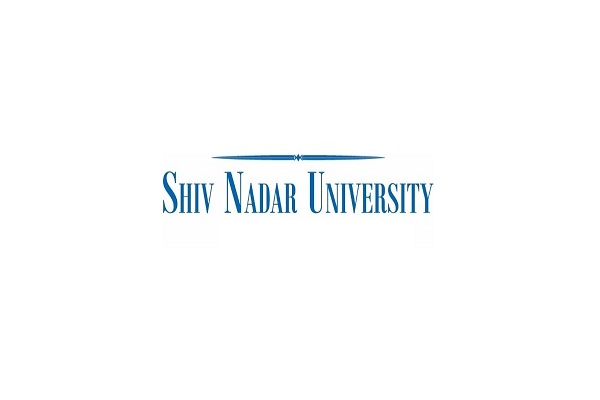Kneura combines the best of communication tools with the best of pedagogical tools, says Ramya Chatterjee, CEO, Cybernetyx during an interview with Elets News Network (ENN).
How Kneura will redefine the concept of virtual classrooms?
The current virtual classroom implementations are mostly based on video/audio calls to deliver lessons to the students. However, a classroom is a space to not only deliver lessons but also to foster curiosity and participation from students, and also mediate in their learning journey. This becomes nearly impossible in prevailing virtual classroom setups due to lack of tools and functionality to do this.
We have tried to redefine the concept of virtual classroom from ground-up by replicating the features and functionalities of the real classroom through a virtual teaching and learning platform.
Besides, with Kneura we have tried to quantize learning outcomes for the students irrespective of when, where and how they are learning. Kneura combines the best of communication tools (video conference with integrated live collaborative whiteboard) with the best of pedagogical tools (adaptive learning and feedback, self-learning apps, digital course creation and delivery etc.).
How can Kneura help teachers in impacting quality education and in the new education era?
The AI-assistive tools in Kneura give access to teachers to create course ware and lessons ahead of the classroom, without any barriers of physical location, time, and device. They can send resources, assignments, and assessments to the students and share the obtained marks, instantly.
Also read: Ankit Sanan: Virtual classrooms are need of the hour
Without spending too much time, teachers can formulate different kinds of questions with AI-question generators like multiple-choice questions, true-false, picture select. This way, conducting assessments becomes easier and frequent.
The NEP 2020 advocates the usage of technology in education, how can Kneura bring all the components of blended learning to students?
As NEP advocates the holistic, flexible, and multidisciplinary need of education, with digital curriculum and pedagogy in schools, and integrated, enjoyable, and engaging methodology, Kneura brings all these components together wherein students can connect, learn, and revise resources as per their learning curves.
Students can access the shared digital courses, attempt assessments, and submit assignments, on their separate dashboards. Kneura facilitates Communication Wall wherein students can write their query and teachers can clarify the doubts using different forms of content anytime.
Can EdTech firms retain the momentum of 2020 in 2021 as schools are set to reopen?
Offering holistic learning that ensures an uninterrupted learning with enhanced learning outcomes has always been in demand. Even before the pandemic, educators were looking for LMS and Classroom Management Systems, but the ease of use and affordability remained a barrier to quick adoption. COVID-19 has acted as an accelerant to adoption of technology in the education sector and helped overcome the inertia.
Recently, many EdTech firms came into existence focussing mainly on online content delivery and online tutoring, but once things will be back to normal the sustainability of that business model will come under tight scrutiny.
What are your expansion plans?
Kneura was introduced in India, Indonesia, Thailand, Philippines and SA markets in mid of last year as a Beta launch to gather early customer feedback. We expect to on board 5,00,000 students on Kneura platform by the end of this year. Also, we expect to partner and bag some large orders from key educational institutions in our target countries from phase I. With Kneura 1.0 version launching soon, we will expect to open new markets globally with Kneura and take our product to millions of students and 100K+ institutes in the coming times.
































